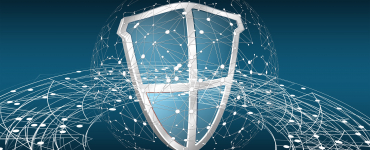In a joint declaration, the European police commissioners have issued a joint statement against end-to-end encryption. This is wrong and not in the interests of European citizens, states Oliver Dehning, Leader of the eco Security Competence Group at eco – Association of the Internet Industry.
“In a joint statement published on 18 April, Europol criticises end-to-end encryption (E2EE) and calls on the industry to ensure that illegal encrypted content can be controlled. In practice, however, any third-party access to encrypted data undermines strong encryption. This jeopardises the protection of the personal data of each and every individual in Europe.
“Privacy cannot be effectively protected without encryption. The function of encryption to protect private data is akin to the function of a locked front door to protect private property. It is no wonder that the protection of privacy is considered a human right. Weakening encryption would make it impossible to protect private data and therefore violates human rights.
“The repeated demand by security authorities to weaken encryption is also counterproductive because it cannot be assumed that terrorists and criminals will adhere to the ban on strong encryption. If they are clever, they will use methods such as steganography to hide encrypted data within other unencrypted user data.
“In fact, many German public authorities (Federal Commissioner for Data Protection and Freedom of Information, Federal Network Agency, Federal Office for Information Security, etc.) call for strong encryption of stored data to protect it from hackers and cyber attacks – not only for service providers, but also for companies or on private devices. So, the fact that Europol is demanding that decryption should be carried out solely for the purpose of data access by security authorities in the case of data transmission to third parties, while this same encryption should be maintained for stored data, is completely counterproductive.
“An encryption ban is practically unfeasible, violates fundamental rights and cannot truly enhance security.”




